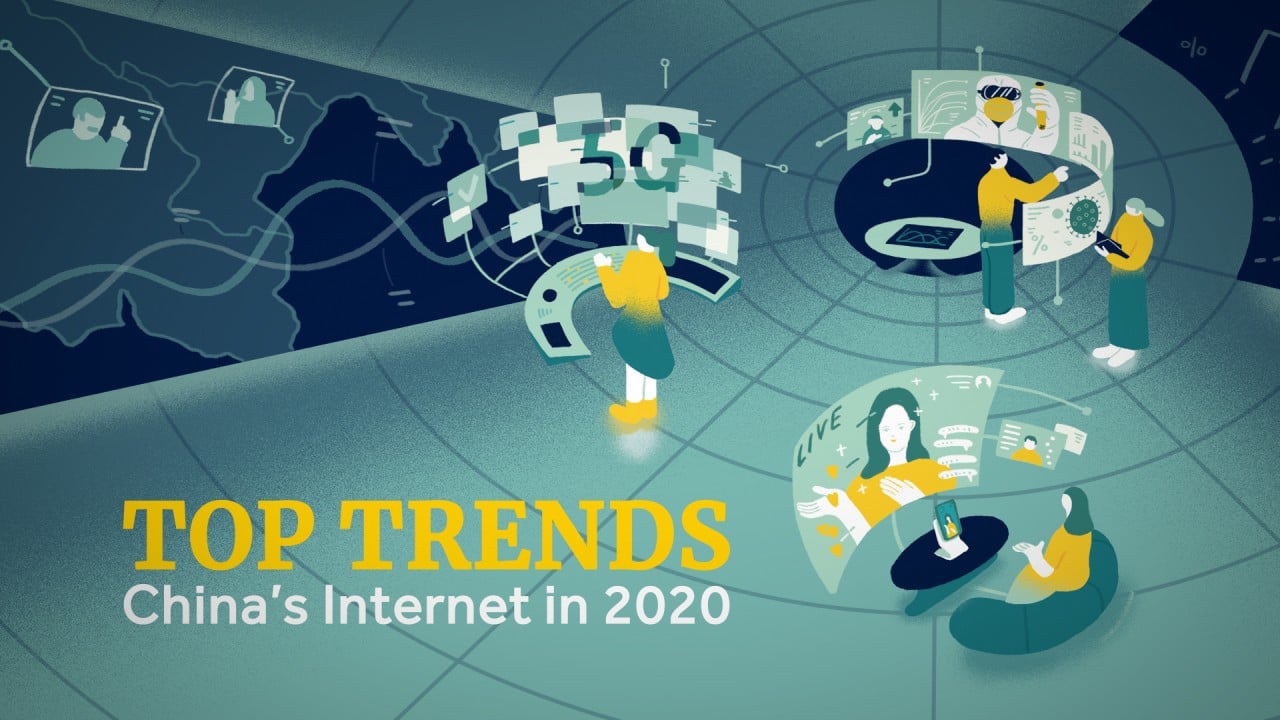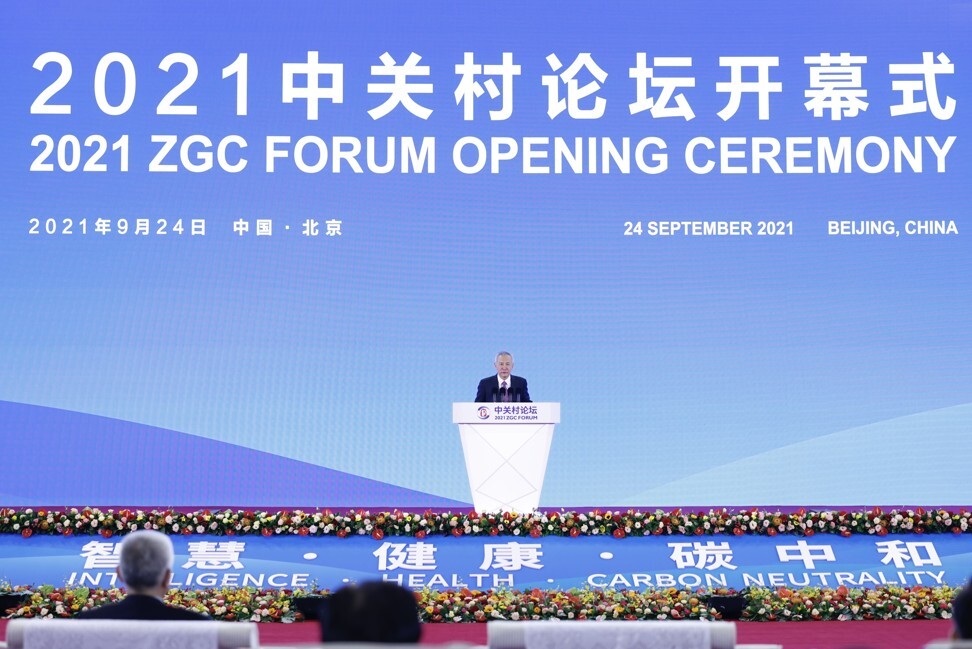
Chinese tech moguls pledge support for Xi Jinping’s ‘common prosperity’ drive at the World Internet Conference
- The CEOs of Alibaba, Xiaomi and Qihoo 360 showed up at the conference to pledge support for government initiatives
- Aiding small and medium-sized businesses and broader society was a common theme mentioned by government officials and industry leaders alike
Some of the biggest names in China’s tech industry made an appearance at the World Internet Conference (WIC) in Wuzhen on Sunday to pledge support for the country’s “common prosperity” and small and medium-sized enterprises (SMEs) nearly a year after the government began an extensive crackdown on the sector.
In his opening speech delivered over video, Chinese Vice-Premier Liu He, Xi’s top economic adviser, emphasised the importance of supporting innovations of entrepreneurs and encouraging smaller businesses, saying the country would support the development of the internet and digital economy, according to the state-run Xinhua News Agency. These themes were echoed by tech titans vowing to do their part.
Are VC investors abandoning China tech for Singapore and India?
“Platform companies should stand up to help solve top concerns from the public and the government regarding corporate management, user privacy protections and data security,” said Alibaba’s Zhang, according to a transcript of his speech on the WIC’s website. “Platform economies can only sustainably develop if they are more inclusive, more fair, more standardised and allow more people and more SMEs to participate.”
The executive added that Alibaba, which owns the South China Morning Post, is already supporting SMEs and digital transformation through its platforms. Alibaba is the operator of Taobao and Tmall, two of the country’s largest e-commerce platforms.
Xiaomi’s Lei also stressed the importance of using technological development for social good. Tech companies should not let any group fall behind, he said in his speech, and should help build a good life for everyone.
“One person may go fast, but a group of people can go far,” Lei said. “Enterprises belong to society, and large enterprises should take the initiative to help smaller ones develop rapidly and healthily.”
Also making an appearance were Neil Shen, founding and managing partner of Sequoia Capital China, and Zhou Hongyi, chairman and CEO of Qihoo 360, the country’s largest cybersecurity firm.

06:22
Three trends shaping China's internet from SCMP's China Internet Report 2020
Zhou focused his speech on cybersecurity. Network security needs to be reshaped, he said, to guard against new and more complex threats that will arrive with the growth of the Industrial Internet, the Internet of Vehicles, the Internet of Energy, digital finance, digital government and smart cities.
Liu, the vice-premiere, opened the conference by reading comments from Xi sent in a letter. Xi promised to work with other countries to “stimulate the vitality of the digital economy, improve the efficiency of digital government and … enhance digital security safeguards.”

The WIC, also called the Wuzhen Summit, has been held in the eastern city in Zhejiang province since 2014.
How Alibaba intends to use its ‘common prosperity’ fund
The conference is seen as a platform for the Chinese government to promote its version of global internet governance and export its model of “cyber sovereignty”, a concept used to justify the country’s strict internet censorship regime that includes the Great Firewall.
The WIC has been quieter since the coronavirus pandemic started, however. It is being held while the country still maintains rigid controls and quarantine measures for cross-border travel. Several executives in China, however, still showed up in person, including Zhang and Lei.

